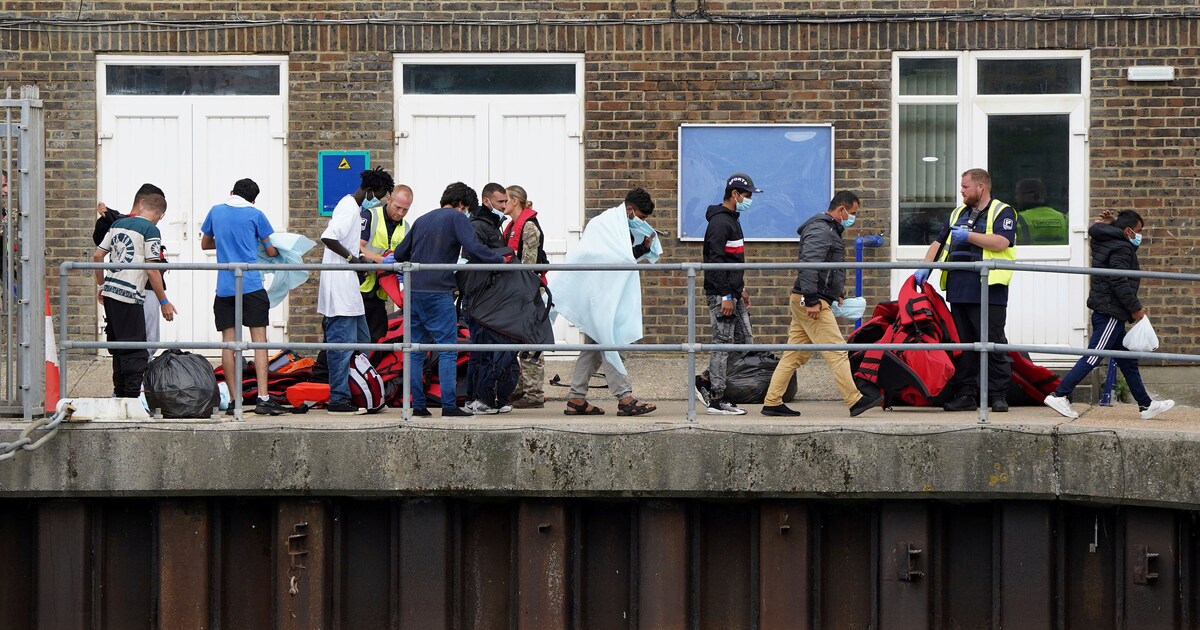It was clear to everyone that the burden of Dutch health care had to be lightened immediately. We currently lack 49,000 health workers across the country; in nine years there will be 135,000. Therefore, health care institutions and recruitment companies are looking for solutions together. Today is the last episode of the ‘Borderless Care’ series, about Labor recruitment agency Otto from Venray who is looking for a new frontier of labor migration in the Philippines.
It seems like a different world: putting Polish migrant workers to work with Filipino farmers or nurses in the ICU at the hospital. But according to Otto Work Force from Venray this is not the case. Twenty-two years ago, the company started bringing Poland to the Netherlands, but now they are looking for a completely different border.
In the third and final episode of Grenzeloze Zorg it becomes clear how complicated the discussion about labor migration is. The idea of recruiting nurses in Asia on a large scale for Dutch hospitals is new in the Netherlands; in countries like Germany and the UK that has been the case for some time.
hesitant
There are restraints in Dutch politics, as in Dutch hospitals. Is the quality of care good enough? What about language? And by adapting to the Dutch hospital culture? But there is also a huge need with the current national shortage of 49,000 health personnel set to increase to 135,000 by 2031.
Foreign money
Meanwhile, in Asian countries like the Philippines, they have their own problems. There is a lot of unemployment there, educated people barely earn enough money to support their families. And working abroad for several years, where salaries are many times higher, is now commonplace.
Circular migration
Director Frank van Gool of the Otto Work Force doubts that the large flow of migrant labor from the Philippines is unsustainable for the country itself. He especially saw the advantages of so-called ‘circular labor migration’, in which knowledge acquired abroad is reused upon returning to the home country.
Object
At the Human Rights Commission in the Philippines they think differently. A generation of children growing up without one or sometimes both parents and completely dependent on one income is not an ideal situation. At the same time, they also say: in their own country there are no jobs, or there are no well-paid jobs. As long as the government can’t change this, there will be migrant workers.
Expansion
Van Gool’s ambitions don’t stop at his pilot with 35 Filipino nurses currently undergoing training in Manila before leaving for the Netherlands. He saw countries such as Indonesia and India promising recruitment of TKI. For now, it’s mainly an investment. Van Gool points out that it is difficult to give an exact amount, but think about 20,000 to 30,000 euros per Filipino nurse. Only when nurses start working in Dutch hospitals is there compensation in the form of pay.
Also watch part 2: Filipino nurses in Limburg later this year
Also watch part 1: Health staff from Asia brought to Limburg
Are Asian staff the solution to the shortage of ICU nurses?
L1mburg Central
Our news, your stories, every day at 17:30 on L1 TV
More L1mburg Central at L1.nl/L1mburgCentraal

“Hipster-friendly creator. Music guru. Proud student. Bacon buff. Avid web lover. Social media specialist. Gamer.”







